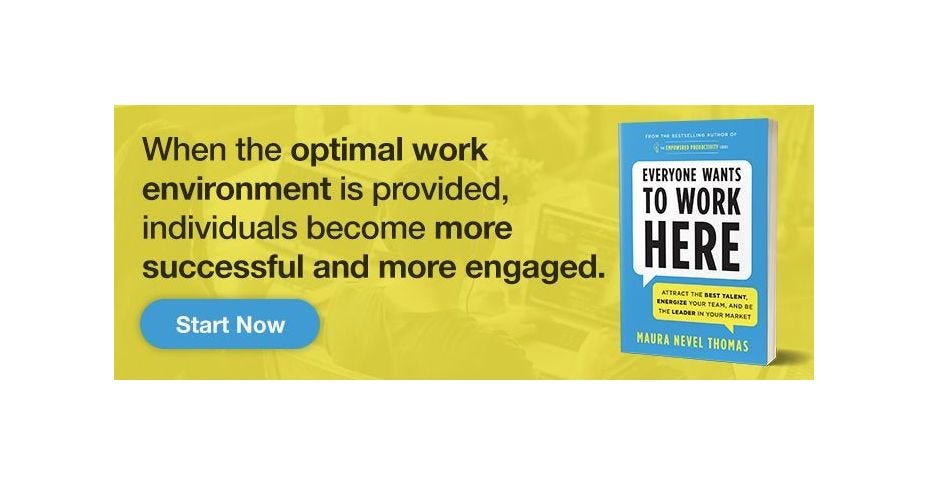If you’re a company leader, chances are you’re unintentionally undermining your team’s productivity. First of all, it’s not your fault. These harmful habits and behaviors you’re exhibiting have been woven into your company culture for such a long time that no one has ever “shone a light” on these behaviors to evaluate how they are impacting the team. Not you, not your CEO, not anyone. That’s why I call these destructive habits and behaviors “unconscious calculations.”
These unconscious calculations have evolved with the technological revolution that we’re all living and working through. But by taking time out to shine a light on these behaviors and habits and then consciously working to improve them, we can also reverse the damage they do to our teams and companies.
1. Working Around the Clock
In many workplaces, leaders and solo contributors are essentially available for work 24/7/365. If this is how your team operates, you probably never decided to work so much. It just evolved over time, without you really noticing.
Even when you know that being exhausted makes it impossible to perform at peak productivity, you may not consider disconnecting because the proposition of doing so seems impossible given the culture of urgency at your company, one in which team members can’t effectively prioritize their work, because everything feels urgent.
As a leader, if you’re not modeling work-life balance, with clear boundaries for personal time on evenings and weekends, you’re unconsciously modeling unproductive behavior.
2. Vacation
Studies find that two out of three employees work while on vacation. If this is you, you may be making an unconscious calculation that taking vacation isn’t even worth it because doing so will present a huge amount of work (i.e. stress) upon your return. In fact, research shows half of Americans don’t take all their vacation days.
And if you do go on vacation, you probably try to mitigate the stress you expect on your return by doing just a bit of work here and there while you’re away. But this is problematic for several reasons: first, if you’re a leader, you’re sending direct reports the signal that you expect them to “check in” when they’re on vacation.
Also, when you’re on vacation and you focus on work “only for a minute,” your unconscious mind remains on work for much longer, preventing you from truly relaxing and giving your brain the restorative time off that it needs.
So failing to take vacation time or fully disconnect while on vacation is another unconscious calculation that ultimately hurts the overall productivity of you and your team.
3. Success Metrics
Leaders rarely make “time at desk” an explicit success metric, yet research shows that’s what often gets rewarded when it comes time for recognition and promotions.
To be sure, most leaders aren’t asking themselves “Which of my team members seems to spend the most time at their desk?” before deciding who deserves a raise. But subconsciously, the workers you see the most are top of mind.
If you want to support a productive workforce, though, you need to consciously examine whether you might be in the habit of doing this too. Then counteract this unconscious calculation by working with team members to set goals and evaluate them on those particular metrics. Remember, your most productive workers could very well be the introverts quietly doing miraculous things from their remote workspaces in their homes.
How to Reverse These Habits
The unconscious calculations discussed in this article are just a few examples of the many ways company cultures can evolve without intention. To truly optimize your culture for productivity, you’ll need to take a step back and question all the habits and behaviors (including the unconscious calculations) of your leadership and workforce.
For much more on how to build a work culture that optimizes productivity by reversing unconscious calculations, read my book Everyone Wants to Work Here: Attract the Best Talent, Energize Your Team, and Be the Leader in Your Market. Better yet, order copies for your whole team and implement the strategies together.
- Maura Nevel Thomas, author of Everyone Wants to Work Here

